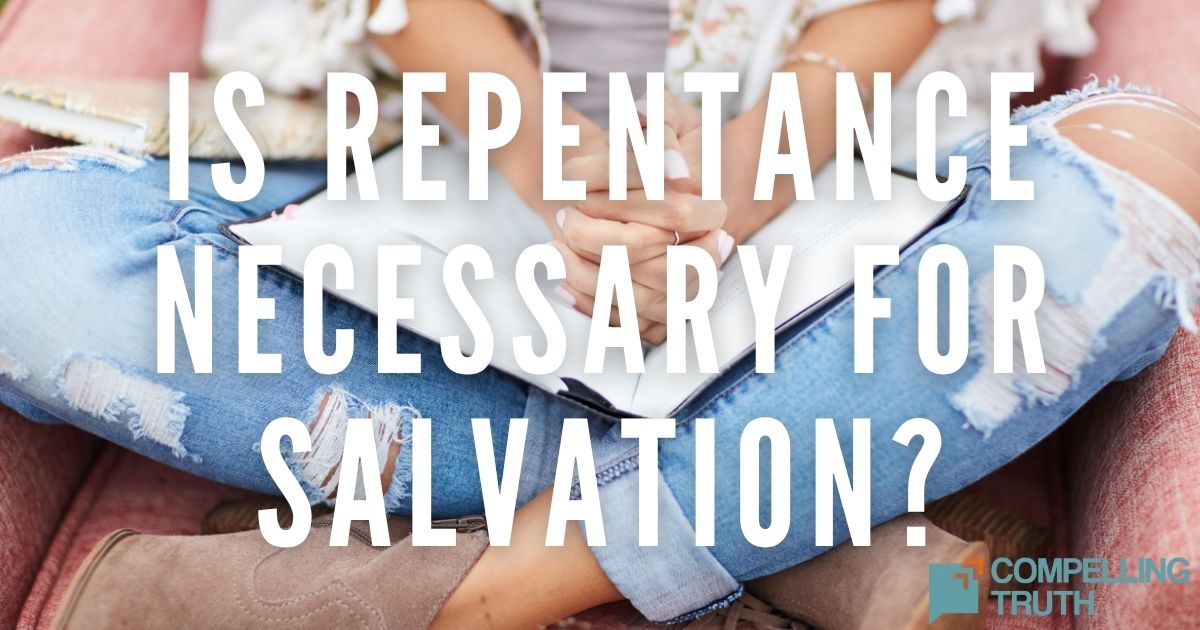Contrition is the act of repentance or the state of feeling remorseful. Scripture teaches that God knows people's hearts and whether they are truly humble and repentant. God commanded His people to confess their sin to Him and others (Leviticus 26:40; James 5:16). God declared that, when possible, restitution should be made (Numbers 5:7; Luke 19:1-10; Romans 13:7-8). The Bible teaches that true love for God results in changed behavior (John 14:15; James 1:22; 1 John 5:2-3). However, the Bible doesn’t prescribe just one way to repent, confess, or reconcile. Ultimately, of course, forgiveness is made available through the person and work of Jesus Christ. Because of His death and resurrection, our sins can be forgiven (John 3:16-18, 36). When we humbly recognize our need for Him and turn to Him, our sins are forgiven and we are made new (Ephesians 1:7; 2 Corinthians 5:17-21). Though we still sin (1 John 1:8–2:2), we can turn to God in contrition and repentance, knowing He will faithfully cleanse and restore us (James 4:1-10; 5:16).
“I’m sorry you feel that way.” Ever heard that kind of “non-apology”? Sadly, it’s all too common in today’s culture. Whether the reason is fear of lawsuits, lack of empathy, or just hubris, it’s a rare public figure who shows true contrition. As believers, though, our apology to God for our sins should put the responsibility where it lies: on us.
By definition, true contrition requires remorse. Remorse requires recognizing our sins rather than trying to justify them. “Yes, I yelled at that driver, but . . . ” – “Sure, I took a ream of paper from the office, but . . . . “ — “I lied on my taxes, but . . . “ The “but” can be whatever excuse we tell ourselves. King David could have tried justifying his sin with Bathsheba by claiming loneliness or the stress of being King or some other excuse. Instead, though, he confessed to the Lord, “Against you, you only, have I sinned and done what is evil in your sight” (Psalm 51:4). God’s law forbids adultery and murder, so any transgression against that law is a transgression against God. However, remorse is not the end of contrition. God calls us not only to feel sorry but to repent—to acknowledge our sin for what it is, turn away from it, and desire to live in obedience to Him. Worldly sorrow may stir emotions or guilt, but without repentance, it leads to spiritual death (2 Corinthians 7:10). True contrition produces a change of heart that seeks God's mercy, receives His forgiveness through Christ, and moves forward in renewed obedience.
God showed mercy by making a way for us to be forgiven: Jesus Christ. We don’t magically become sinless when we accept Christ as Savior, but when we do transgress, we know we can turn away from sin and to God for cleansing and restoration (James 4:1-10; 5:16).




